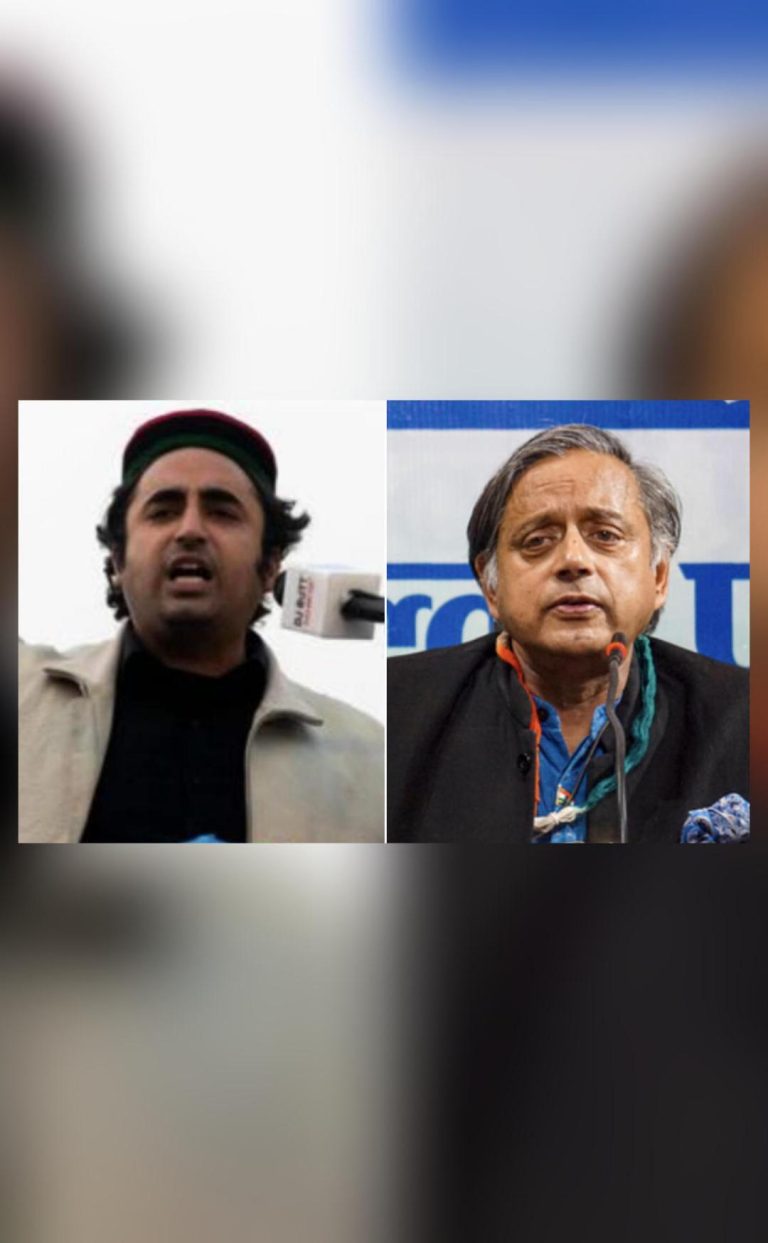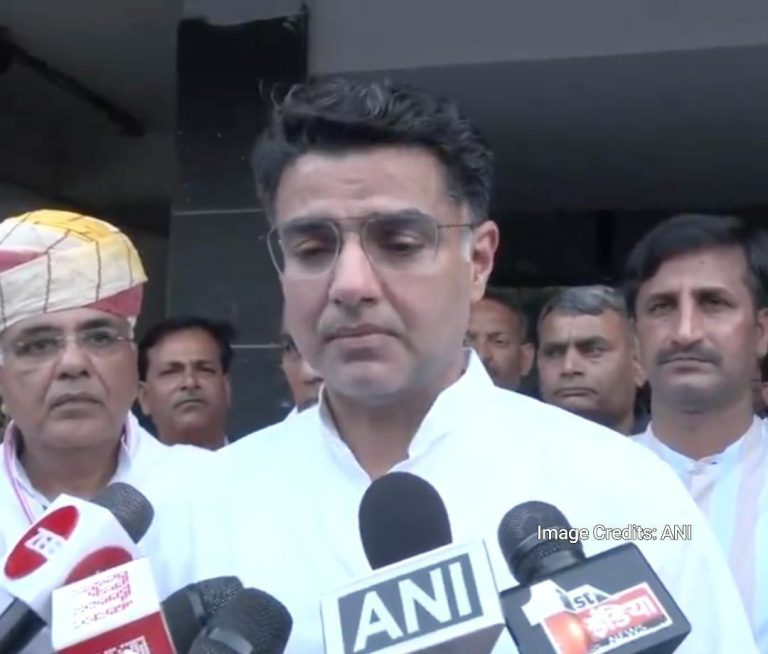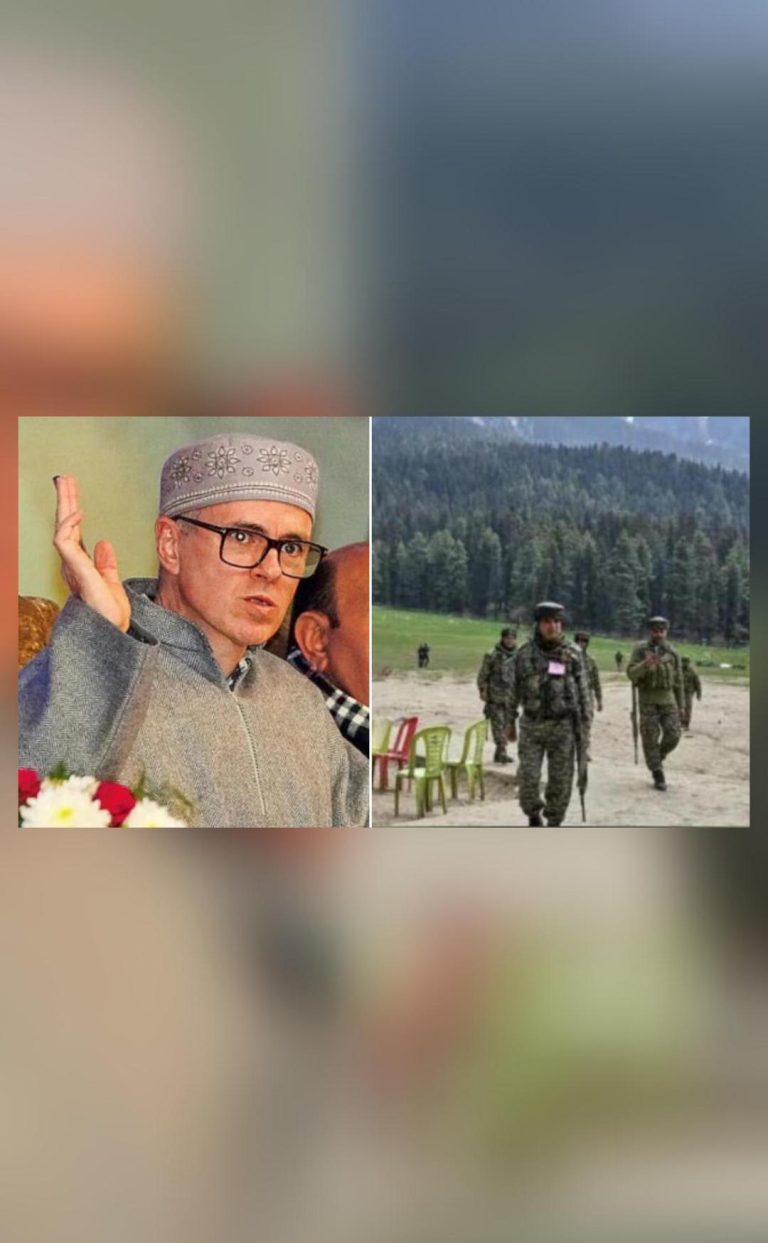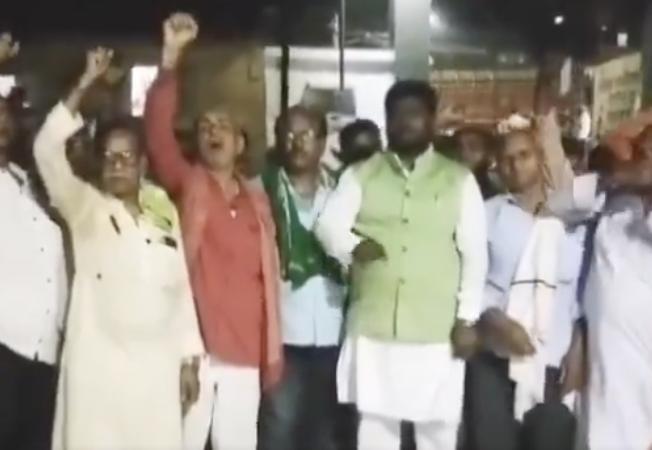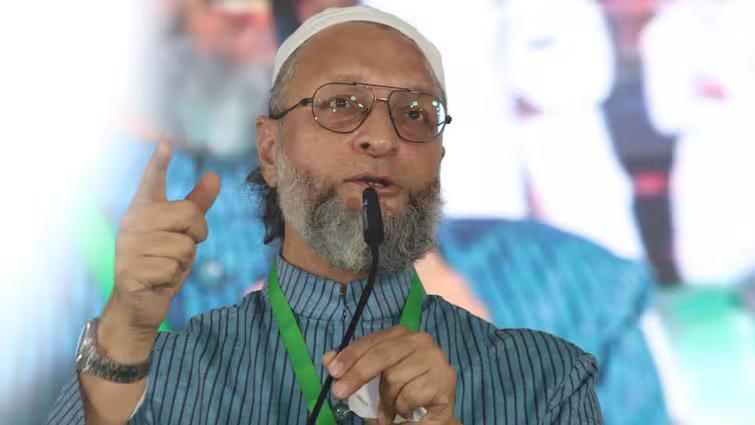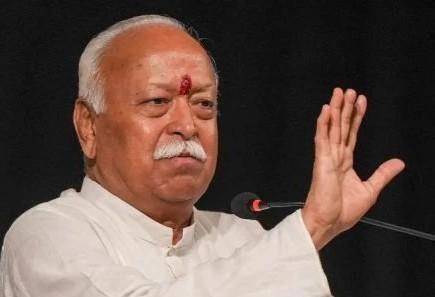
If someone turns to evil then we’ll teach lesson: Bhagwat on J&K attack
In the wake of the recent terror attack in Pahalgam, Jammu and Kashmir, RSS chief Mohan Bhagwat has made a bold statement, sending shockwaves across the nation. In an interview, Bhagwat asserted that non-violence is indeed India’s religion, but so is teaching a lesson to “oppressors and hooligans”. His remarks have sparked a heated debate, with many interpreting them as a call for violence against those who perpetrate terror.
The attack in Pahalgam, which claimed the lives of several innocent people, has left the nation in a state of shock and anger. The RSS chief’s statement, therefore, has been seen as a reflection of the nation’s sentiment – a desire for justice and a need to take action against those who seek to harm its citizens.
Bhagwat’s statement, however, is not without its context. The RSS has long been known for its commitment to non-violence and its emphasis on the importance of ahimsa (non-violence) in Indian culture. The organization’s founders, including Vinayak Damodar Savarkar and Bal Gangadhar Tilak, were strong proponents of non-violent resistance against colonial rule.
In recent years, however, the RSS has faced criticism for its perceived involvement in violent activities, including the lynching of minorities and the persecution of marginalized communities. Bhagwat’s statement, therefore, has been seen by some as a departure from the RSS’s traditional stance on non-violence.
So, what did Bhagwat mean by his statement? In the interview, he seemed to be saying that while non-violence is indeed an important aspect of Indian culture, it is not always possible to respond to evil with non-violence. “We never harm or disrespect our neighbours,” he said, “but if someone is bent on being evil, what is the cure? The king’s duty is to protect the people, and he will do his duty.”
In other words, Bhagwat is suggesting that there are times when the state has a duty to protect its citizens, even if that means using force to do so. This is a position that is echoed by many Indians, who believe that the state has a responsibility to ensure the safety and security of its citizens.
But what does this mean in practical terms? Will the RSS and its allies in the government actually take action against those who perpetrate terror? And what kind of action are they planning to take?
These are important questions, and they deserve to be answered. The RSS and the government have a duty to explain their position and to provide a clear roadmap for how they plan to address the issue of terrorism.
In the meantime, it is important for Indians to remember that terrorism is a complex issue, and that there is no simple solution to it. It requires a nuanced and multifaceted approach, one that takes into account the root causes of terrorism and the need to address them.
It also requires a commitment to non-violence and to the principles of ahimsa. As Bhagwat himself said, non-violence is an important aspect of Indian culture, and it is something that we should strive to uphold.
In conclusion, Bhagwat’s statement is a complex and multifaceted one, and it requires careful consideration. While it is true that the state has a duty to protect its citizens, it is also important to remember that violence is not the answer. Instead, we should strive to address the root causes of terrorism and to work towards a more peaceful and harmonious society.
Source: https://youtu.be/SpAKVWl5wII
